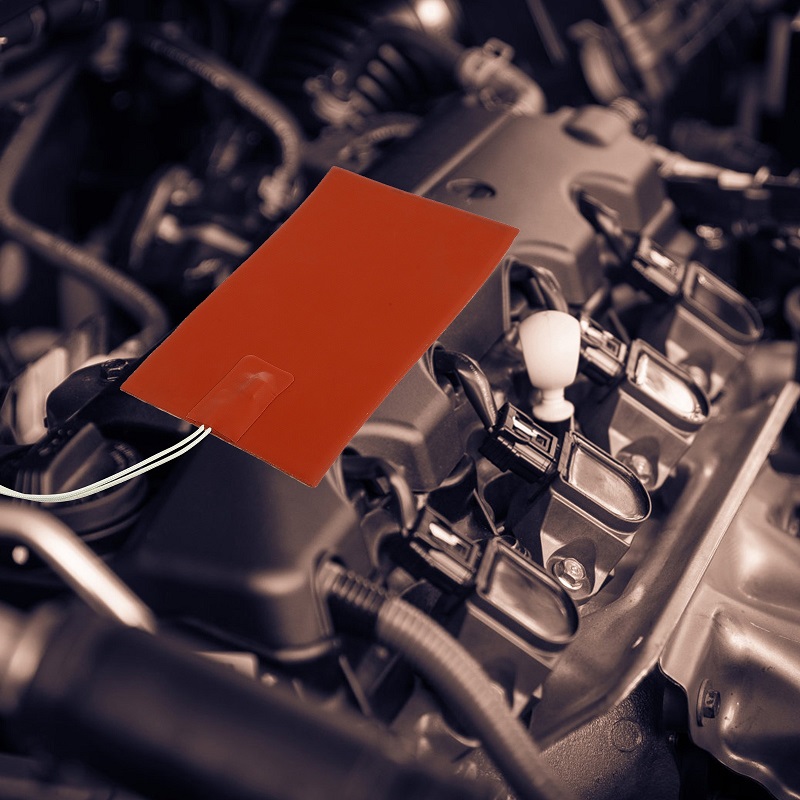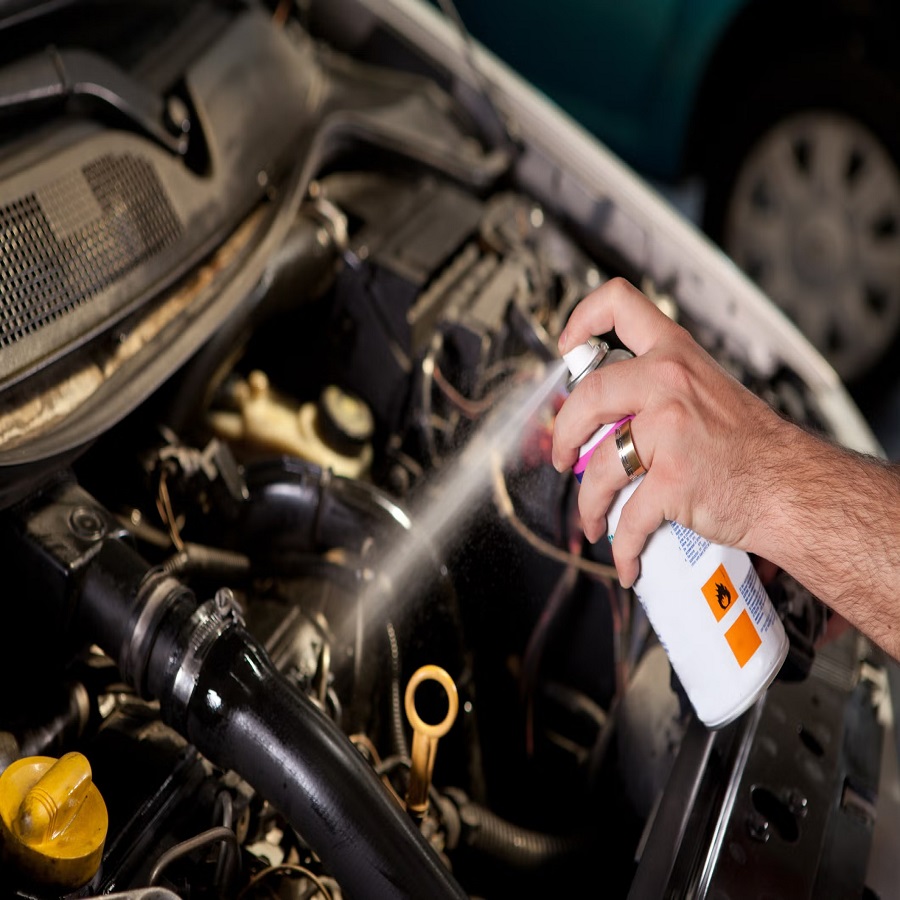Car Engine Not Starting – The Right Way to Fix It
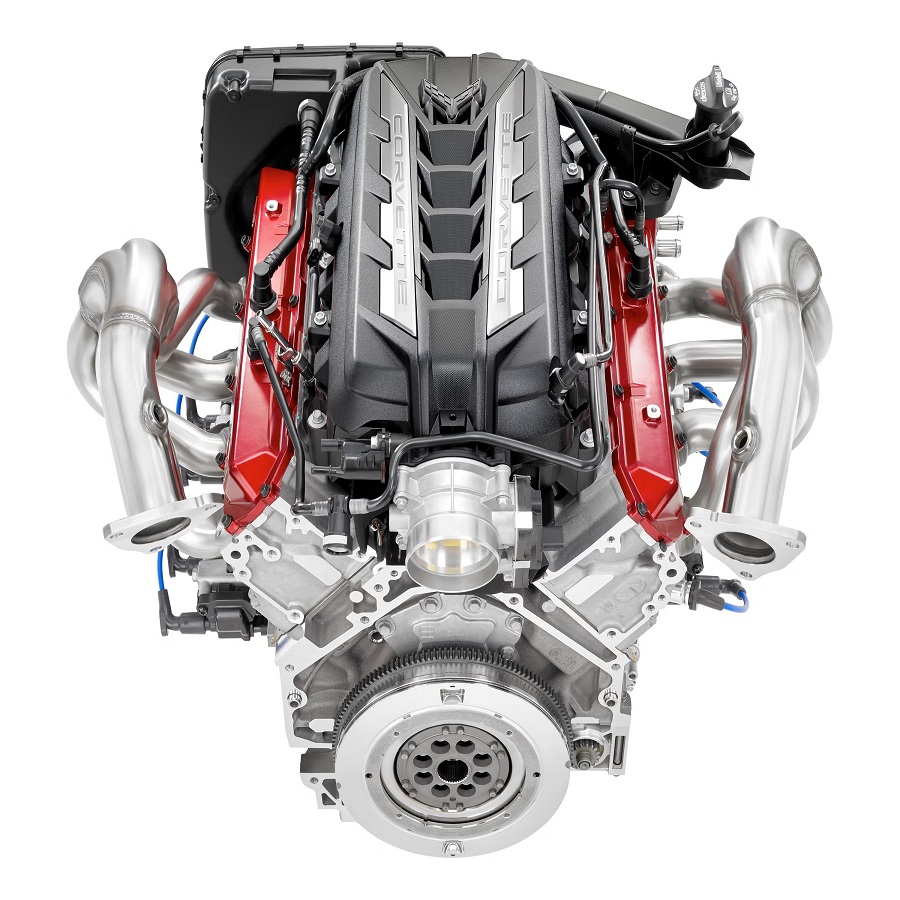
Car engine not starting can be a frustrating and inconvenient problem. There are several potential reasons for this issue, ranging from a dead battery to a faulty ignition system. In this guide, we will discuss the common causes of a car engine not starting and provide troubleshooting tips to help you diagnose and fix the problem.
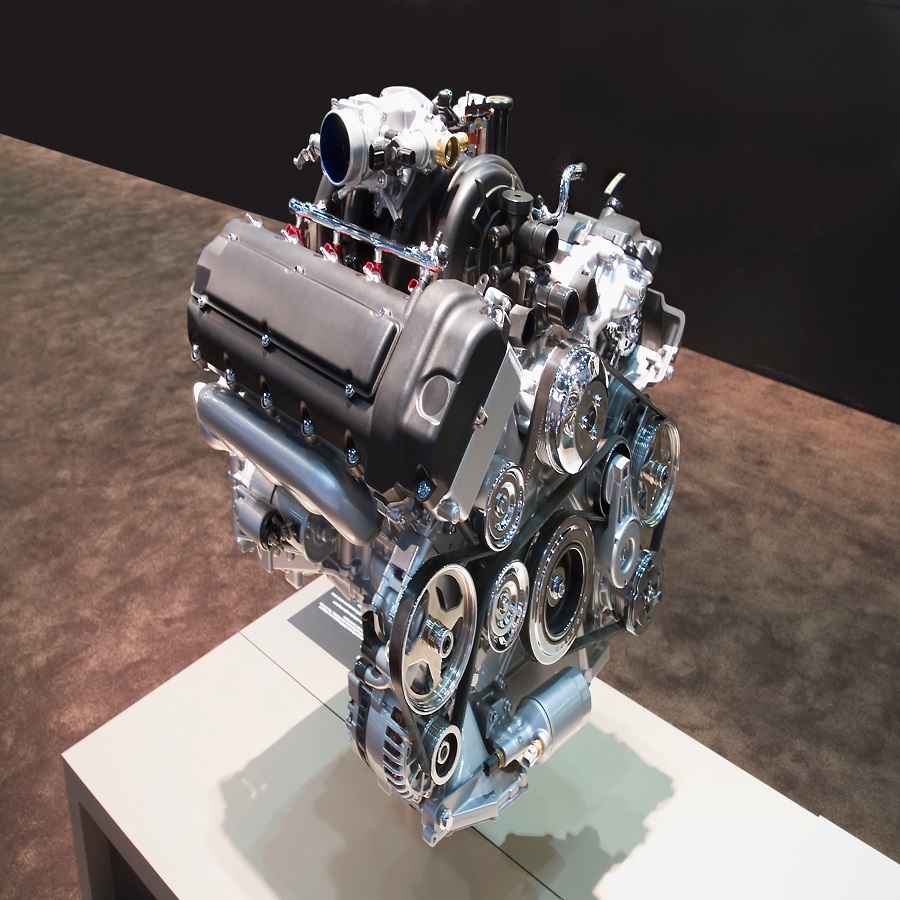
Common Causes of a Car Engine Not Starting
Dead Battery
One of the most common reasons for a car engine not starting is a dead or weak battery. If the battery is old or has not been properly maintained, it may not have enough power to turn over the engine. In some cases, a dead battery may also be caused by leaving lights, radio, or other electronic devices on when the engine is not running.
To troubleshoot a dead battery, you can try jump-starting the car using jumper cables and another vehicle with a fully charged battery. If the engine starts after jump-starting, the issue is likely a faulty battery, and it may need to be replaced.
Fuel Delivery Problems
Another potential cause of a car engine not starting is a problem with the fuel delivery system. This can include issues such as a clogged fuel filter, a faulty fuel pump, or a fuel line blockage. If the engine does not receive an adequate amount of fuel, it will not be able to start.
To diagnose fuel delivery problems, you can check the fuel pump by listening for a humming sound when you turn the ignition key to the “on” position. If you do not hear the fuel pump running, it may be faulty and need to be replaced. Additionally, a clogged fuel filter can prevent fuel from reaching the engine, so it may need to be replaced as well.
Ignition System Issues
The ignition system is responsible for generating the spark that ignites the fuel in the engine’s cylinders. If there is a problem with the ignition system, such as a faulty ignition coil or spark plugs, the engine may not start.
To troubleshoot ignition system issues, you can check the spark plugs for signs of wear or damage. If the spark plugs are dirty or worn out, they may need to be replaced. Additionally, you can use a spark plug tester to check for a strong spark when the engine is cranked. If there is no spark, the ignition coil or other components may need to be replaced.
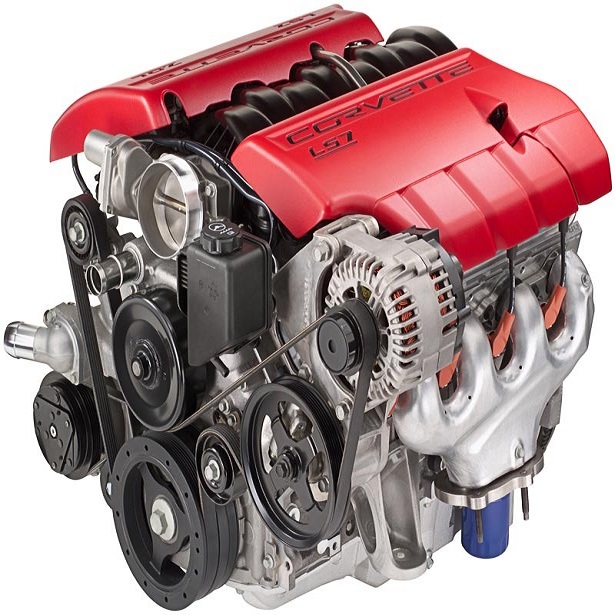
Starter Motor Problems
The starter motor is responsible for turning the engine over when you turn the ignition key. If the starter motor is faulty or worn out, it may not be able to crank the engine, resulting in a car engine not starting.
To diagnose starter motor problems, you can try tapping on the starter motor with a hammer while someone else tries to start the engine. If the engine starts after tapping on the starter motor, it is likely that the motor is faulty and needs to be replaced.
What are the reasons for car engine not starting?
A car engine not starting can be a frustrating and inconvenient issue for many drivers. There are several reasons why a car engine may fail to start, ranging from simple and easily fixable problems to more complex and costly issues.
Dead Battery
One of the most common reasons for a car engine not starting is a dead or weak battery. A dead battery can be caused by leaving the lights or other electrical components on while the car is not running, or simply by an old and worn-out battery that needs to be replaced. In some cases, a jump-start from another vehicle may be enough to get the engine running, but if the battery is too old or damaged, it will need to be replaced.
Faulty Starter Motor
Another common reason for a car engine not starting is a faulty starter motor. The starter motor is responsible for turning the engine over when the ignition key is turned, and if it is not functioning properly, the engine will not start. Signs of a faulty starter motor include a clicking sound when the ignition key is turned, or a slow cranking of the engine. In this case, the starter motor will need to be replaced in order to get the car running again.
Fuel Delivery Issues
Issues with fuel delivery can also prevent a car engine from starting. This can be caused by a clogged fuel filter, a faulty fuel pump, or a lack of fuel in the tank. If the fuel filter is clogged, it will need to be replaced, while a faulty fuel pump will also need to be repaired or replaced. Additionally, if the fuel tank is empty or very low, refueling the car may be enough to resolve the issue.
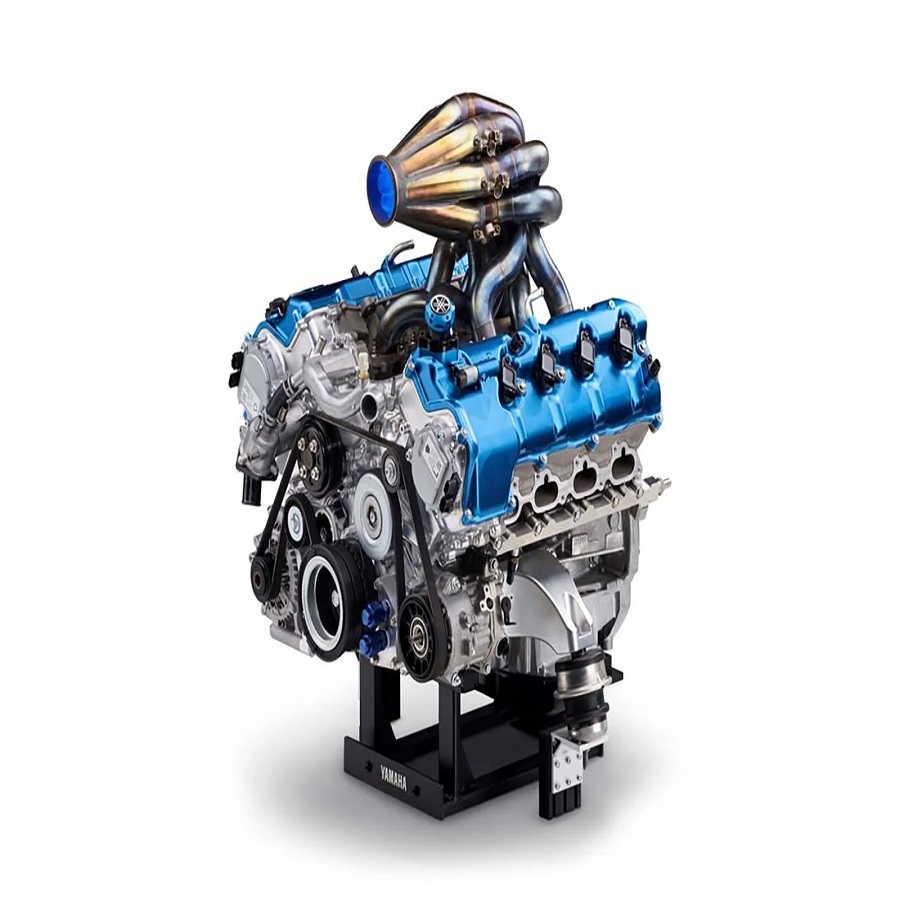
Ignition System Problems
The ignition system is responsible for generating the spark that ignites the fuel in the engine cylinders, and if it is not working properly, the engine will not start. Common ignition system problems include faulty spark plugs, a malfunctioning ignition coil, or a broken ignition switch. Replacing the spark plugs, ignition coil, or ignition switch may be necessary in order to get the engine running again.
Engine Overheating
If the engine has overheated, it may refuse to start until it has cooled down. Overheating can be caused by a lack of coolant in the cooling system, a malfunctioning thermostat, or a faulty water pump. It is important to address the underlying cause of the overheating before attempting to start the engine again to prevent further damage.
Importance of car engine
The car engine is perhaps the most important component of any vehicle. It is responsible for generating power, propelling the vehicle forward and providing the necessary energy for all its mechanical systems to function properly.
The Heart of the Vehicle
The car engine can be likened to the heart of the vehicle. As it is responsible for powering all its functions. Without a properly functioning engine, a car would be rendered useless. Its significance cannot be overstated, as it directly impacts the vehicle’s performance, reliability, and fuel efficiency.
Power Generation
The primary function of a car engine is to convert fuel into mechanical energy. This energy is then used to power the vehicle and its various systems. The engine achieves this by igniting a mixture of fuel and air in its cylinders. Which creates combustion and ultimately generates power. This power is transmitted to the wheels through the transmission. Allowing the vehicle to move forward.
Propulsion
The engine is also responsible for propelling the vehicle forward. By converting energy into motion. The engine allows the car to move and navigate through different terrains. Whether it’s driving on a smooth highway or navigating through rough terrain. The engine provides the necessary power to keep the vehicle moving.
Mechanical Systems
Apart from powering the vehicle. The engine also provides the energy required for the car’s various mechanical systems to function. This includes the steering, braking, and electrical systems. Without a properly functioning engine. These systems would not receive the necessary energy to operate. Leading to potential safety hazards and performance issues.
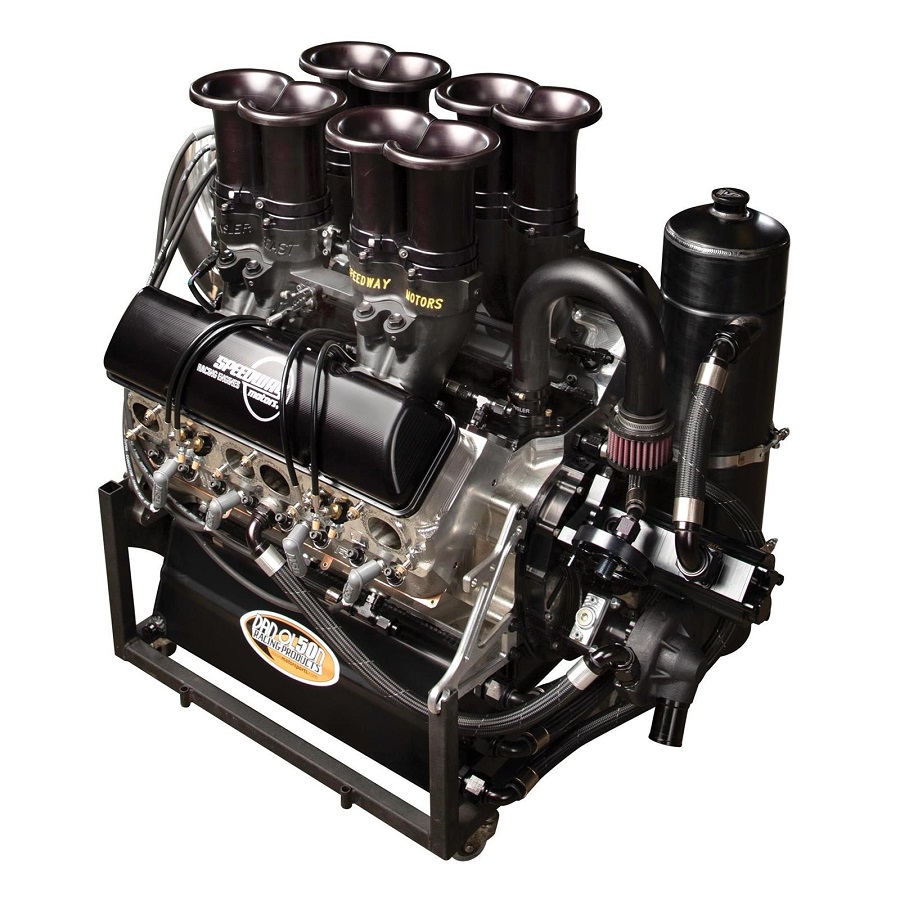
Conclusion
A car engine not starting can be caused by a variety of issues. Ranging from a dead battery to ignition system problems. By troubleshooting these common causes and following the tips provided in this guide. You can diagnose and fix the problem. Getting your car back on the road in no time. If you are unable to diagnose or fix the issue on your own. It is recommended to seek professional help from a mechanic or automotive technician.

